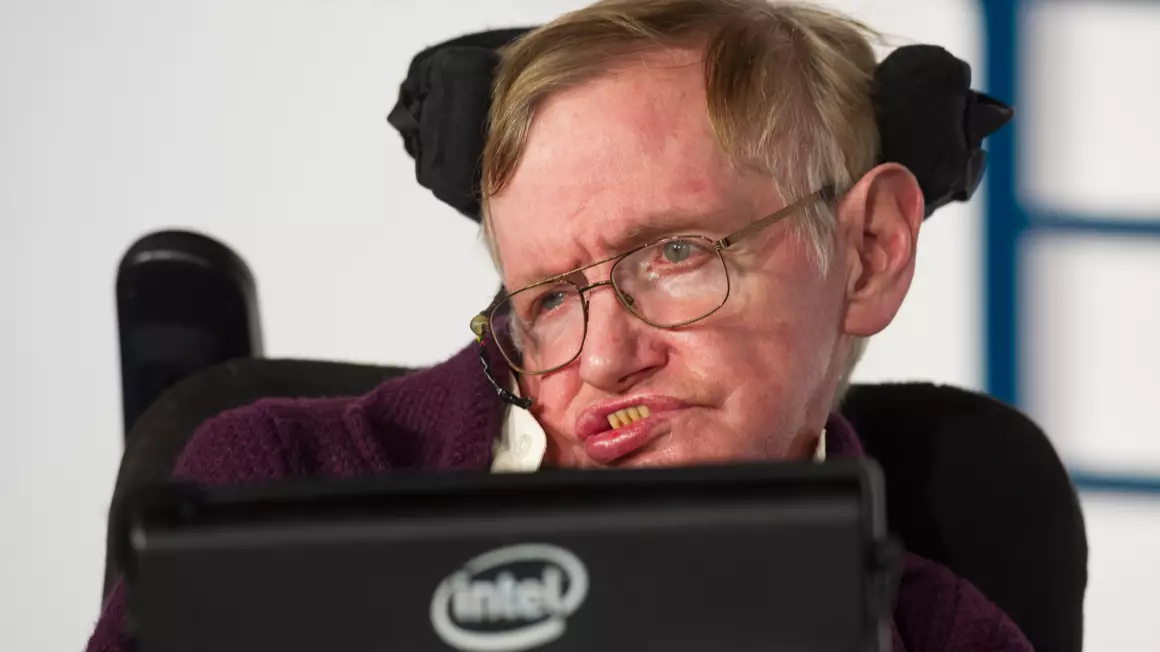
The family of Stephen Hawking have described the 'amazing' moment they first heard his new, synthesised voice, having spoken out about what it was like growing up with one of the world's most famous scientists as patriarch in a new documentary.
Professor Hawking had only been given a few years to live in his 20s after being diagnosed with motor neurone disease, which left him paralysed and only able to communicate through a voice-generating computer.
However, he went on to live with the condition for decades before his death in 2018 at the age of 76 and became world-renowned for his best-selling science books, including A Brief History of Time, and for his pioneering work on the theories around black holes and relativity.
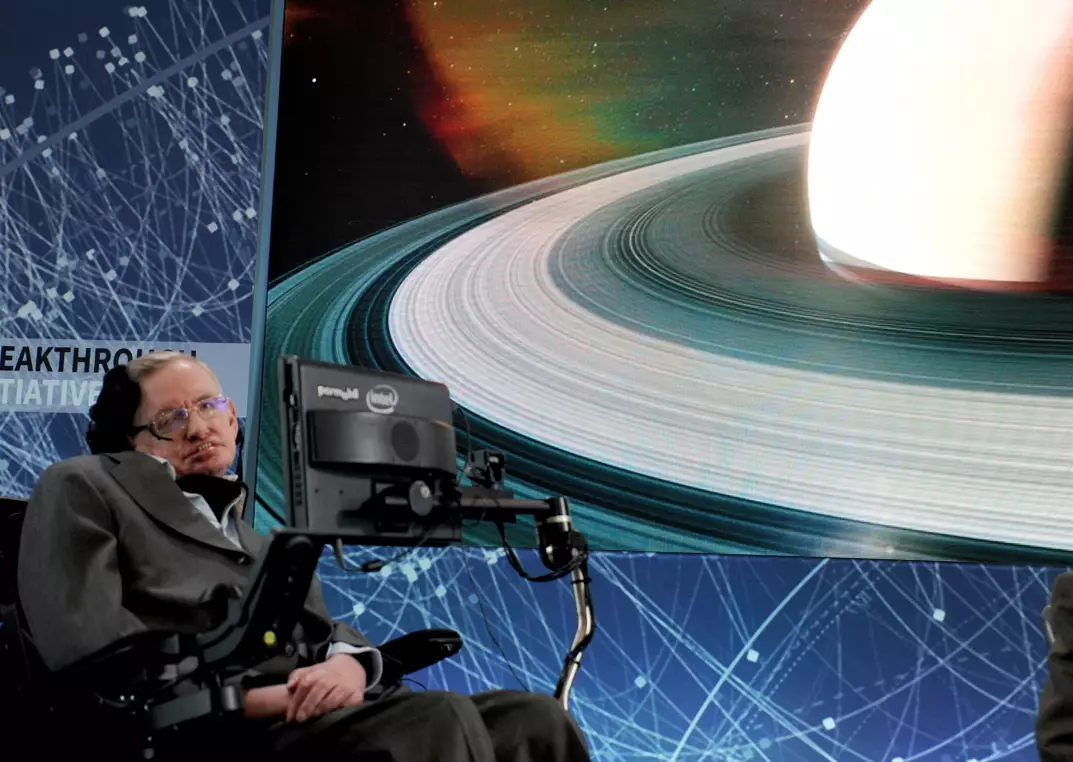
In the new Sky documentary, Hawking: Can You Hear Me?, his children recall what it was like growing up around their father's physical vulnerability, with daughter Lucy, now 51, admitting family life had been 'really hard' at times.
Hawking's condition meant his speech deteriorated over time, and he often choked on food or suffered 'terrifying' choking fits.
But after contracting pneumonia in 1985 while visiting CERN in Geneva, things worsened further as his disease began to paralyse the muscles of his voice box, in turn blocking his airway so that he couldn't breathe.
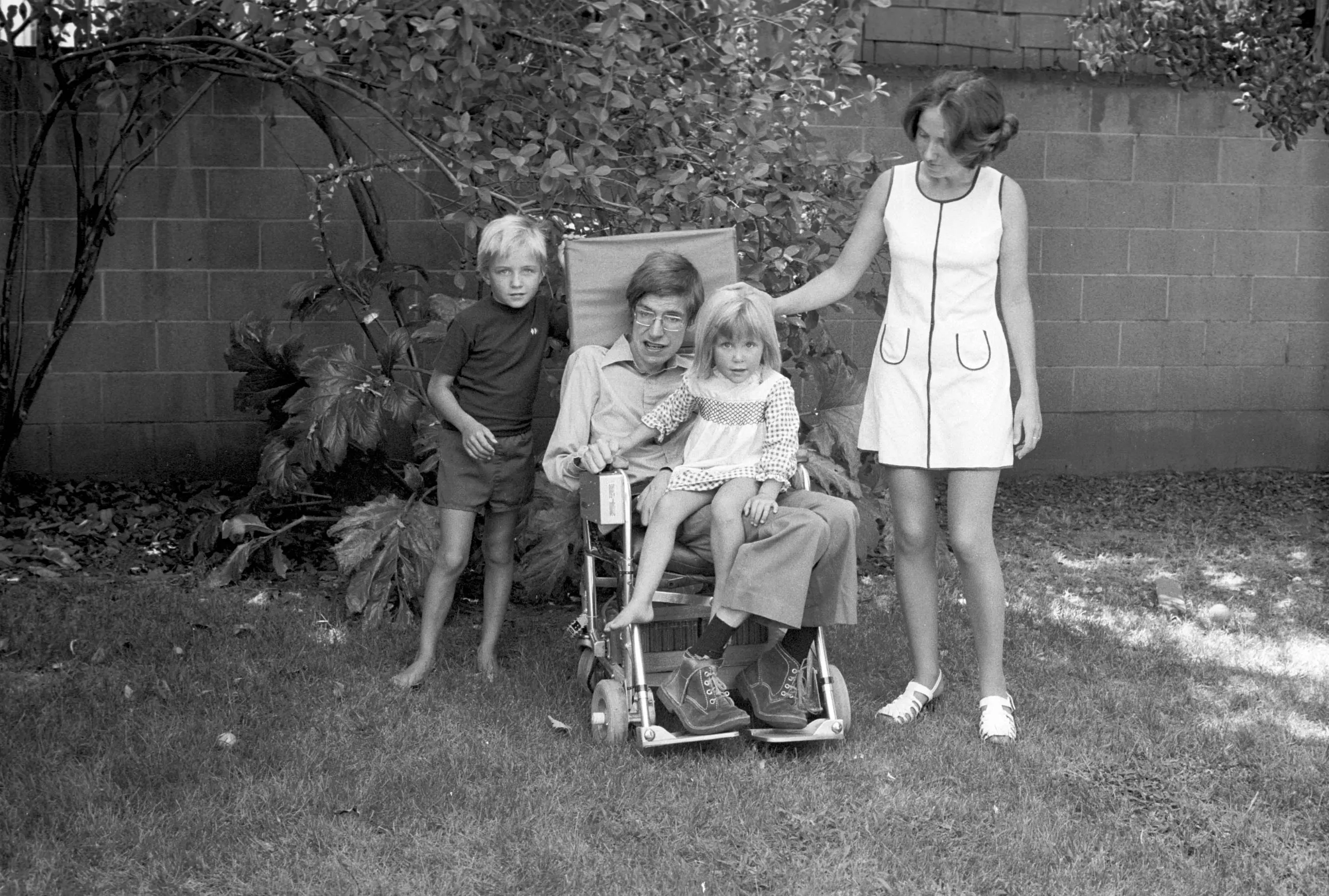
Hawking ended up having to undergo an emergency tracheostomy, which saw doctors create an opening in his neck directly into the windpipe, before inserting a tube that he could breathe through.
While he was finally able to breathe on his own again, he ended up losing his failing speech altogether - with eldest son Robert, 54, saying: "That meant that he no longer had a voice at all."
Robert's mother and Hawking's ex-wife Jane adds: "The impact of that was devastating because Stephen had no means of communication."
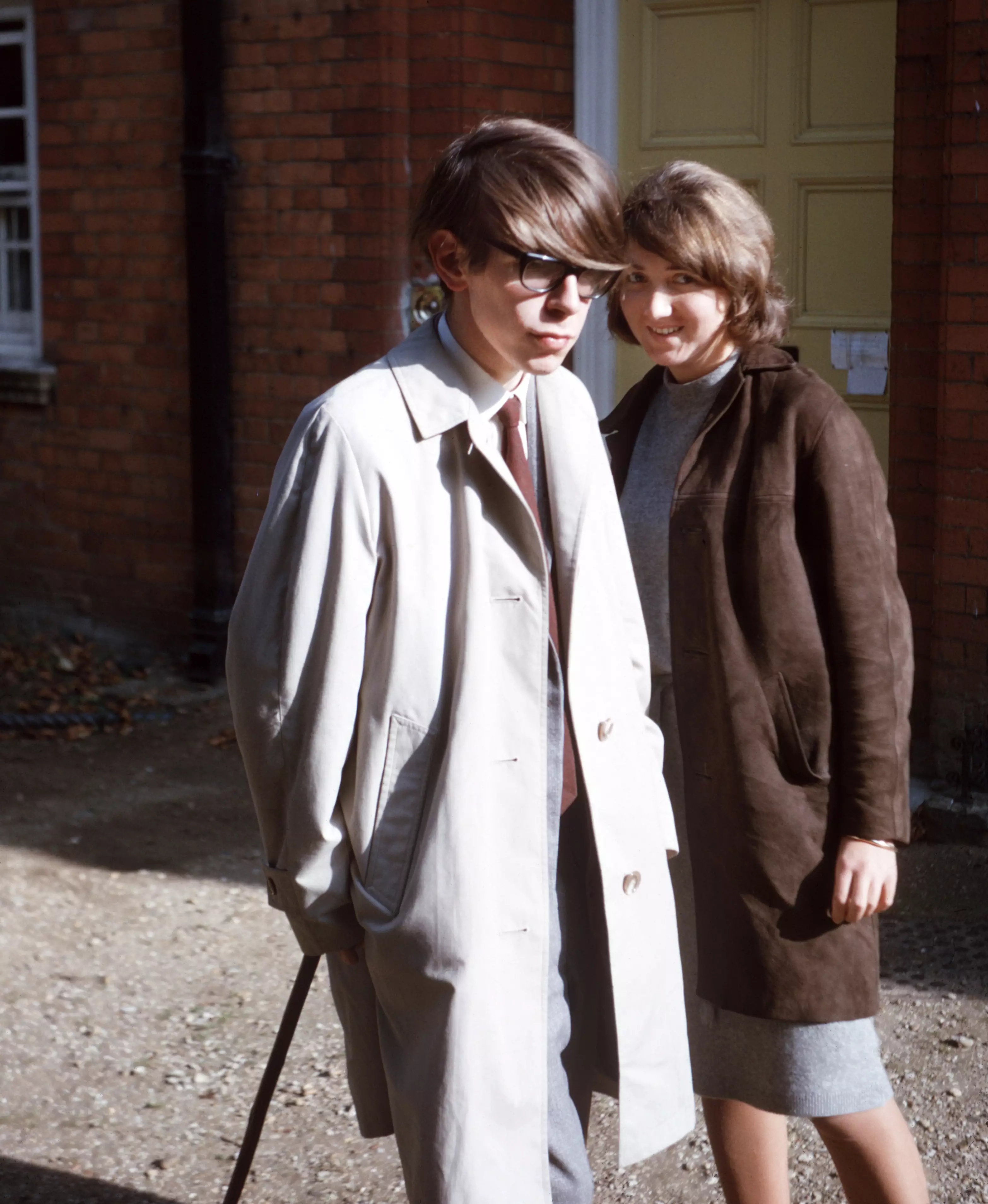
Hawking's former secretary Judy Fella also remembers what it was like knowing they were 'never going to hear his voice again', while Lucy refers to the time as 'enormously traumatic', saying her father would often feel 'really frustrated'.
But the family found hope when Hawking was given an electronic speech synthesiser in 1988, which gave him an entirely new way of communicating.
Lucy says: "I think it went, 'Hello my name is Stephen Hawking', and I remember I was like, 'Woah! Dad, you're American, that's amazing'."
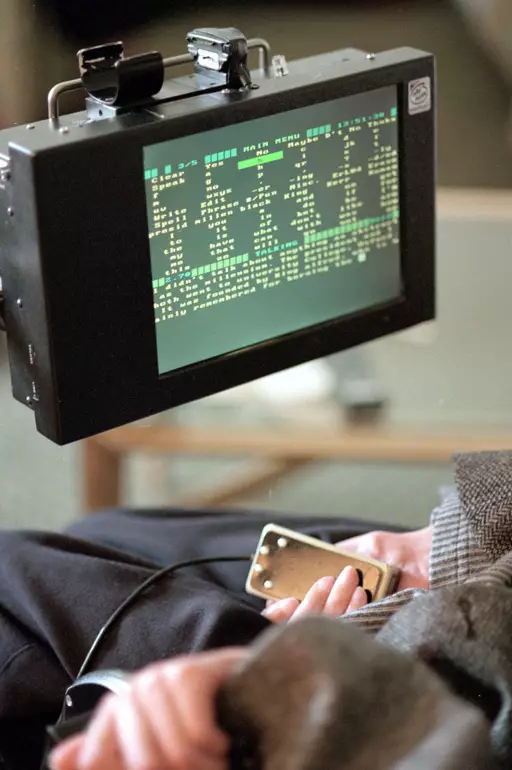
His youngest son Tim, who was just six at the time of his dad's tracheostomy, says: "That was very much the dawning of a sort of golden era for communication with him.
"It just meant we could begin a father-son relationship."
The 42-year-old admitted there were some downsides, adding: "Of course, you might say something to him and then you'd have to wait five minutes for him to come back with a response, which then was a bit awkward because you didn't know how to be in that interim period."
However, the family felt grateful for the liberation that such technology gave him.
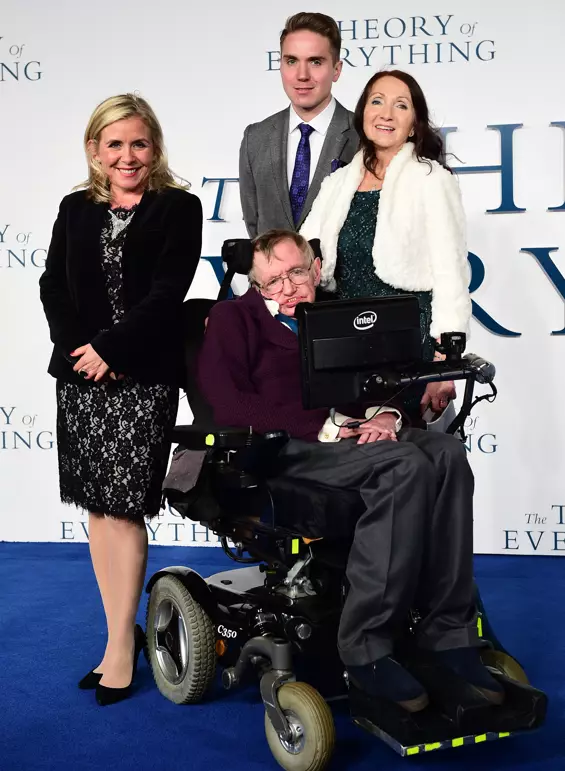
"For the first time in years, he was free," Jane says.
"Just as the electric wheelchair gave him freedom of movement, so the voice gave him freedom of speech again."
Elsewhere the documentary, the Hawkings talk about what their father had been like as a parent, saying he had been incredibly 'determined' despite his physical challenges.
Robert says: "My father would sometimes be deep in thought about whatever topic that was on his mind - whether that was scientific or not - and so sometimes it would be hard to get his attention.
"But that I think sometimes can be the case for most fathers.
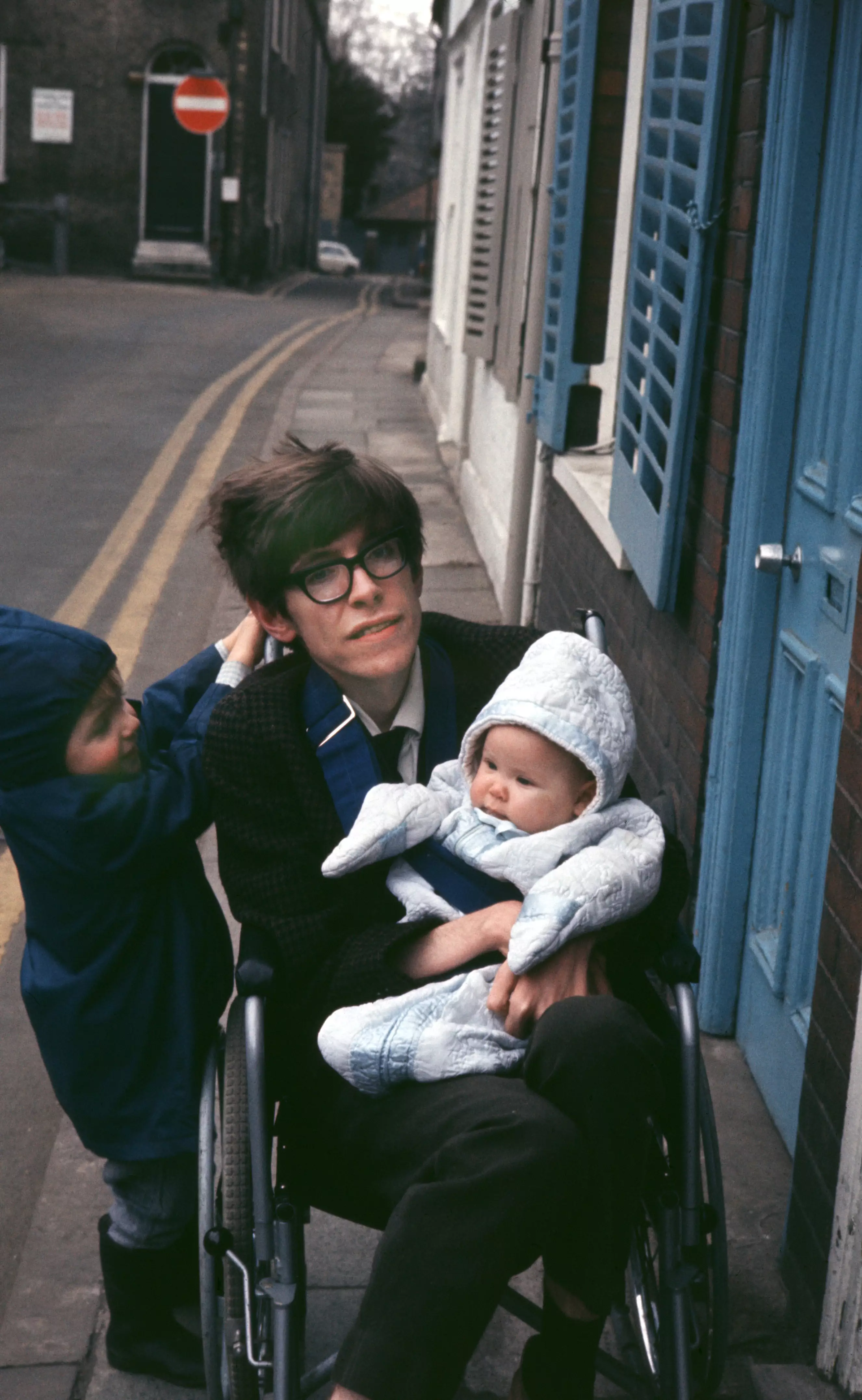
"He wanted to be involved as a father, but his disability meant that he wasn't involved in some things that normally, as a father, he would be."
Jane adds: "He very rarely spoke about his illness, but when he did, he said that the advantage of his illness was that he was able to devote himself 100 percent to his work.
"He didn't have to change nappies, he didn't have to make cups of tea, he didn't have to cook meals, but he could just get on with concentrating on physics."
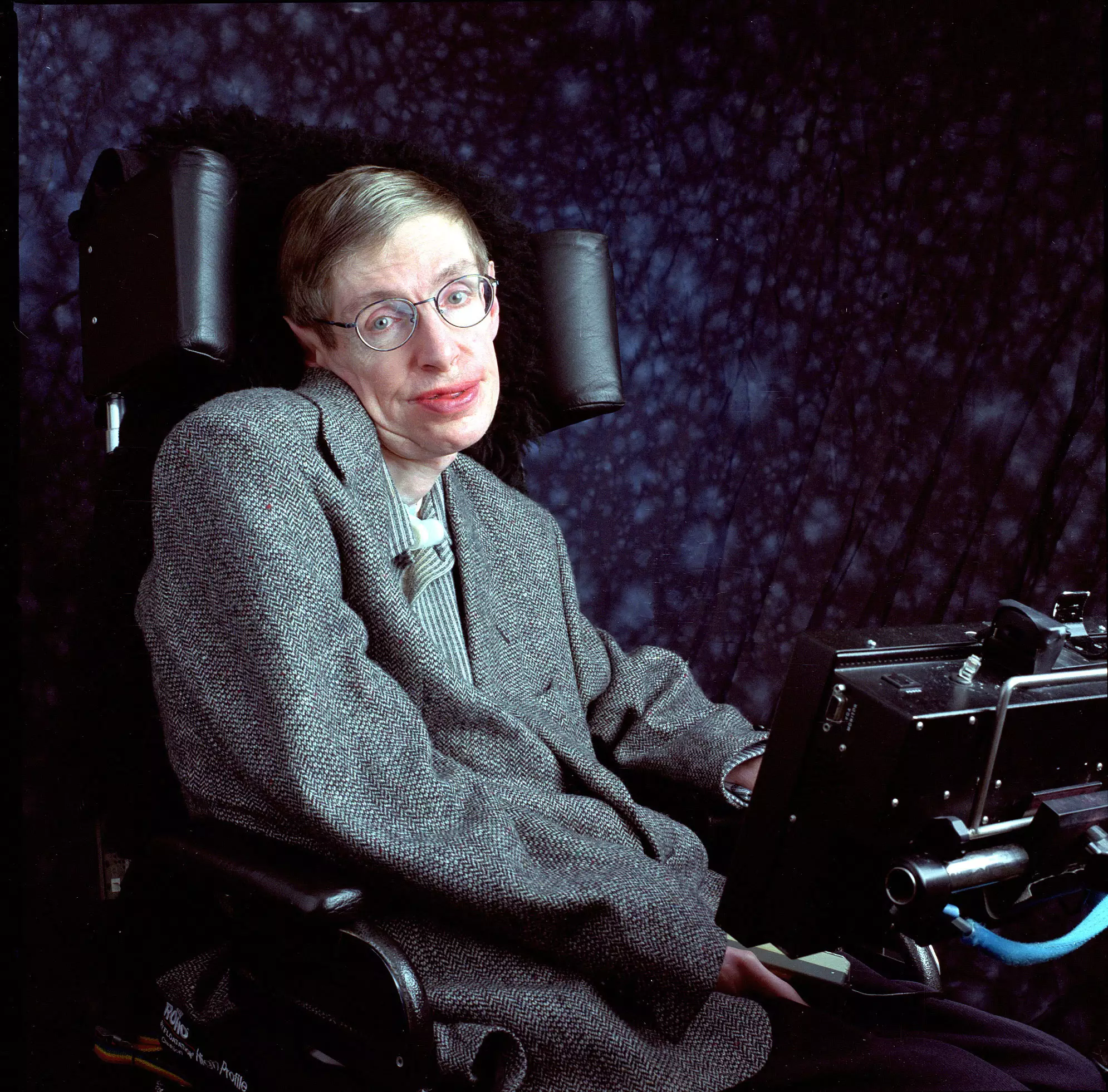
Lucy admits that her father's disability had a huge effect on their childhood, saying that one of the most misunderstood things about Hawking was 'how much he suffered'.
She says: "By the time I was born, my father had already outlived his life expectancy.
"I think my father really loved being a dad, but I think [his] disability did impinge greatly on my childhood.
"This was the 70s and the 80s - disabled access to buildings just wasn't a thing. There weren't even dropped pavements. I mean, it was really hard.
"Your whole day could be thrown off course by a flight of steps - even just a couple of steps could just ruin whatever it was you were trying to do.
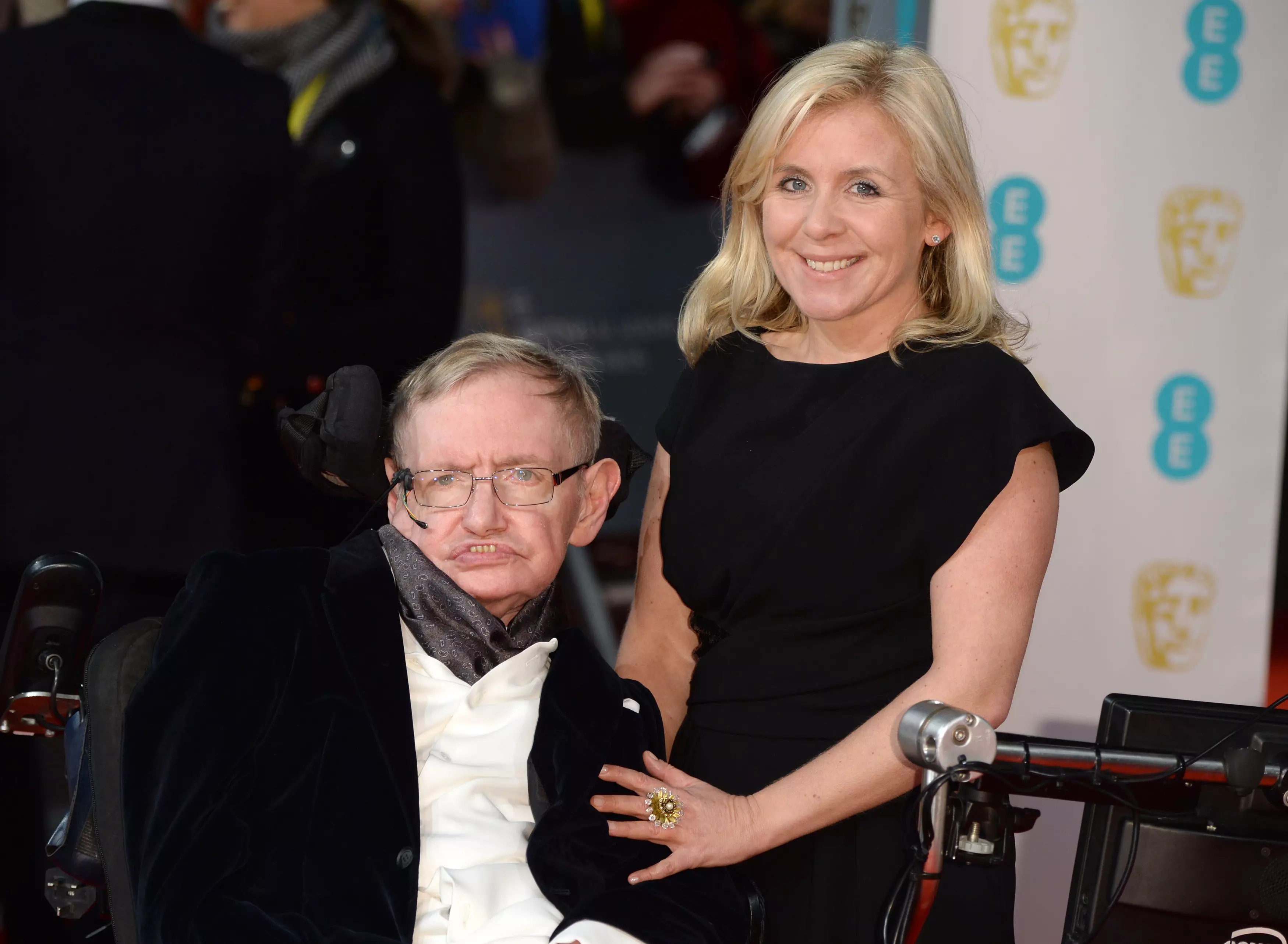
"And so it made things [like] holidays, [...] outings, [...] all the kind of fun stuff unpredictable and liable to be blown off course by circumstances completely beyond your control."
Sharing fond memories of playing games with his dad as the youngest child, Tim recalls: "My father's attitude towards games was to win at all costs. He was a ruthless competitor.
"I, however, was equally determined to try and win, particularly at things like chess.
"As time wore on it became clear that I wasn't likely to win at chess or Scrabble."
He adds with a smile: "It was on the occasion of his 70th birthday when I had to finally admit to him that I might have cheated a few times."
Hawking: Can You Hear Me? comes to Sky Documentaries and NOW on Monday 20 September.
Topics: Entertainment, TV and Film, Documentary, Stephen Hawking